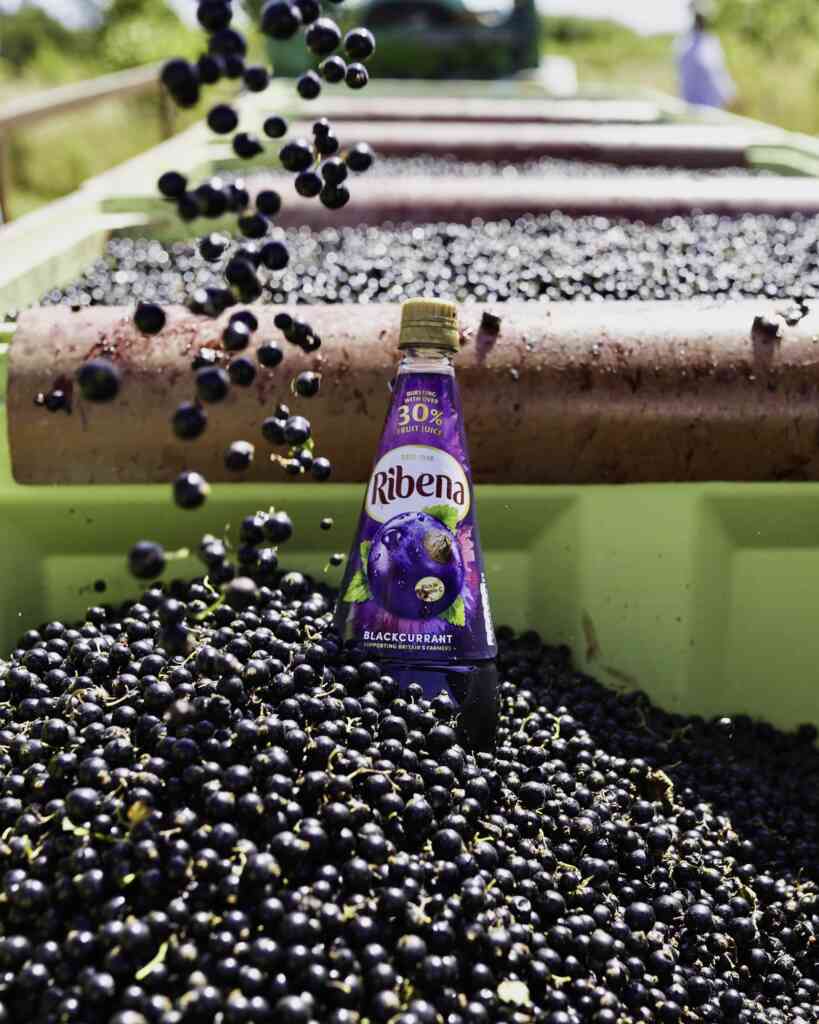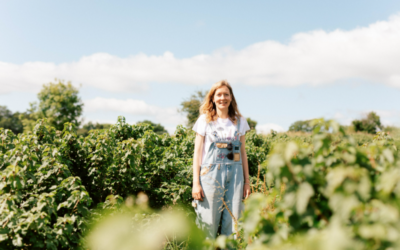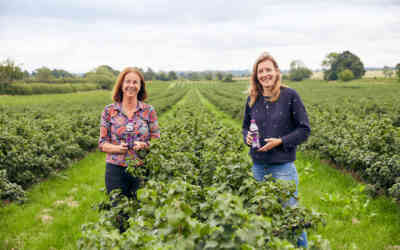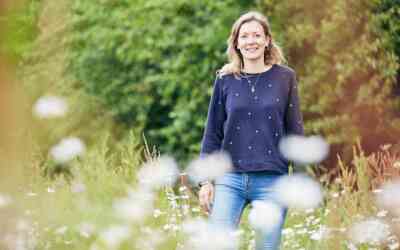It’s all about Ribena!

Where did it all begin?
How 35 growers grow blackcurrants for Ribena
- Hedgerows line their fields. They protect the crops from wind damage while providing habitats and nutrients for vital insects and wildlife. Every hedgerow is undisturbed for two years before trimming.
- Grass margins: Our growers leave 2-metre grass buffers between boundaries. They’re the perfect environment for insects to lay eggs in the wintertime, ready to help protect the crop pests in Spring. They also protect the earth, preventing soil erosion over time.
- Grass headlands: Like the margins, our headlands are no-mow zones. They’re like miniature meadows, the perfect refuge for brown hares and partridges.
- Nesting boxes: Next boxes line our fields, giving local bird populations prime locations to raise their young. Come springtime there’s a rich food supply from crop pests and other wildlife and plants.
- Wildflower planting: Planting wildflower seeds across our farmlands ensures biodiversity.
- Tree planting and maintenance: We keep our machinery clear of trees and hedgerows, minimising the disruption and damage to the ground around them.
The bush to bottle journey
YOU MAY ALSO WANT TO READ
Rosie’s Diary 2021: Part 4
As the harvest season has come to an end, we have taken the time to reflect as a team. The weather could not have been more unkind this year; high winds continued into flowering, 21 days of frost and prolonged cold weather, which extended the flowering period. These...
BLACKCURRANT DAY
We might have mentioned that we’re a little bonkers about berries, and so it should undoubtedly come as no surprise that this year we were delighted to be celebrating the first-ever, #BlackcurrantDay! We celebrated the momentous day earlier this month on 15th July,...
Rosie’s Diary 2021: Part 3
Here at my blackcurrant farm in Norfolk, we’ve been having a lot of wet and windy conditions over the last few weeks, which has definitely brought in additional challenges for us. We have had so much rain on the farm that we have only had the irrigators out once – but...




